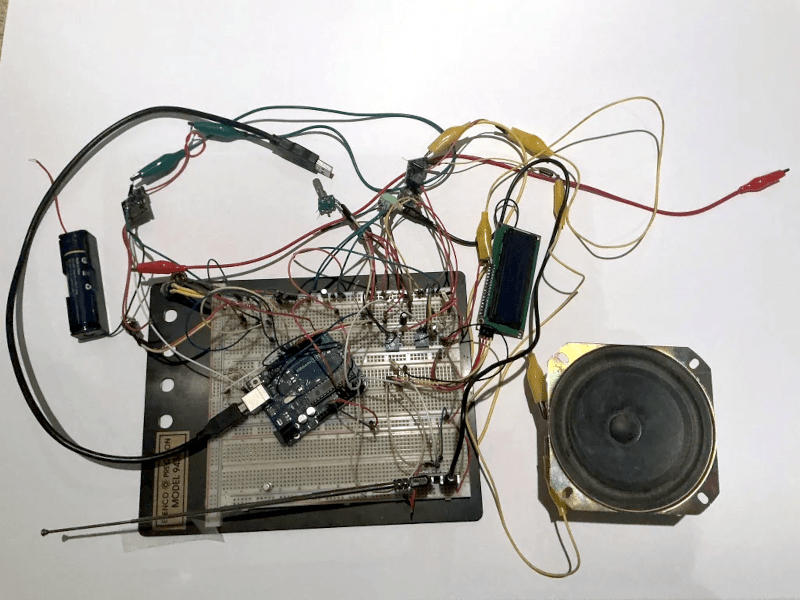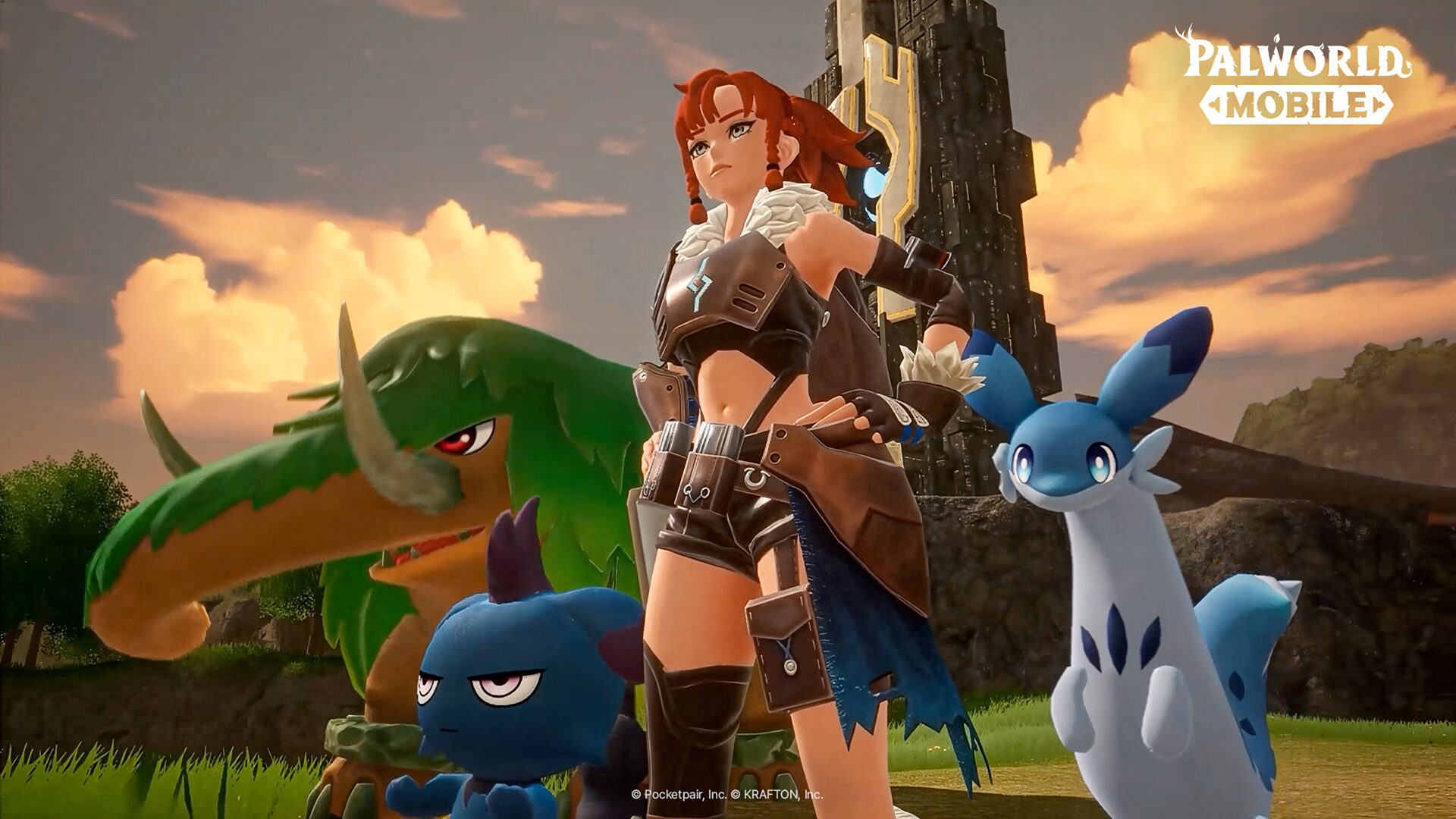How can we still celebrate a franchise linked to a creator who spews transphobic rhetoric? Epic Games is catering to the nostalgia of Harry Potter fans by introducing skins, yet a Fortnite leaker decided to “ruin” this surprise due to J.K. Rowling's hateful views. Instead of enjoying the game, we’re forced to confront the moral dilemma of supporting a franchise tainted by such bigotry.
Isn’t it time we demand better from the entertainment we consume? We should be uplifting voices that promote inclusivity rather than celebrating those who perpetuate harm. Think about what your dollars support!
Let's stand together and refuse to be complicit in this transphobia. It’s not just a game; it’s about the values we choose to endorse.
https://kotaku.com/fortnite-harry-potter-skins-leak-jk-rowling-transphobia-2000654659
#TransRightsAreHumanRights #Fortnite #JKRowling #GamingCommunity #StandAgainstHate
Isn’t it time we demand better from the entertainment we consume? We should be uplifting voices that promote inclusivity rather than celebrating those who perpetuate harm. Think about what your dollars support!
Let's stand together and refuse to be complicit in this transphobia. It’s not just a game; it’s about the values we choose to endorse.
https://kotaku.com/fortnite-harry-potter-skins-leak-jk-rowling-transphobia-2000654659
#TransRightsAreHumanRights #Fortnite #JKRowling #GamingCommunity #StandAgainstHate
How can we still celebrate a franchise linked to a creator who spews transphobic rhetoric? 🤬 Epic Games is catering to the nostalgia of Harry Potter fans by introducing skins, yet a Fortnite leaker decided to “ruin” this surprise due to J.K. Rowling's hateful views. Instead of enjoying the game, we’re forced to confront the moral dilemma of supporting a franchise tainted by such bigotry.
Isn’t it time we demand better from the entertainment we consume? We should be uplifting voices that promote inclusivity rather than celebrating those who perpetuate harm. Think about what your dollars support!
Let's stand together and refuse to be complicit in this transphobia. It’s not just a game; it’s about the values we choose to endorse.
https://kotaku.com/fortnite-harry-potter-skins-leak-jk-rowling-transphobia-2000654659
#TransRightsAreHumanRights #Fortnite #JKRowling #GamingCommunity #StandAgainstHate
0 Kommentare
·0 Geteilt







